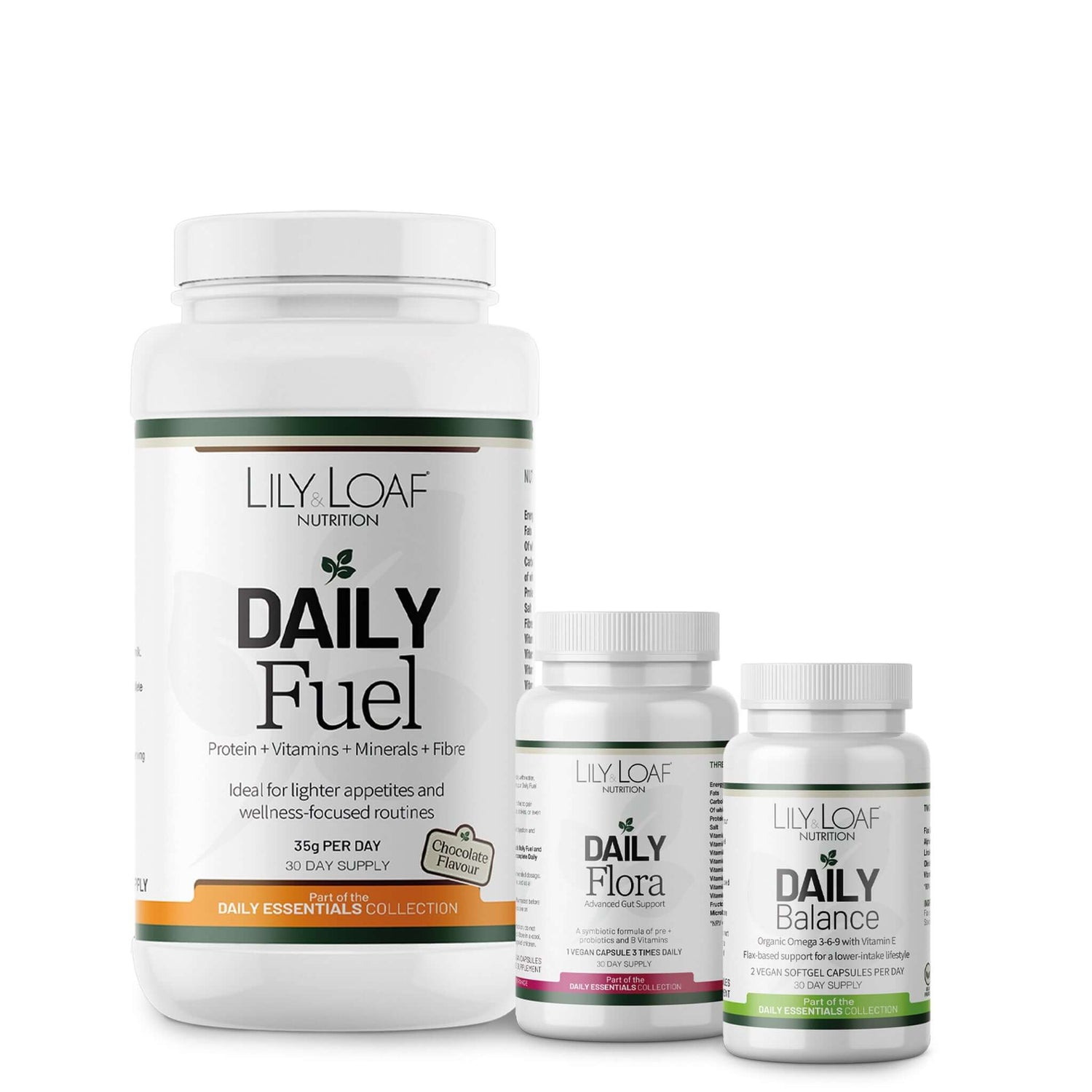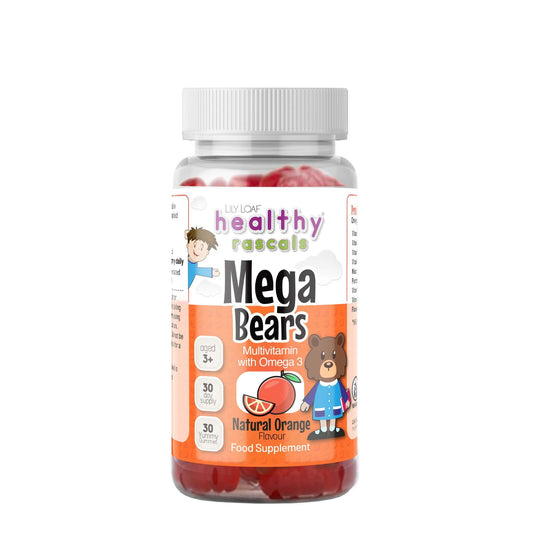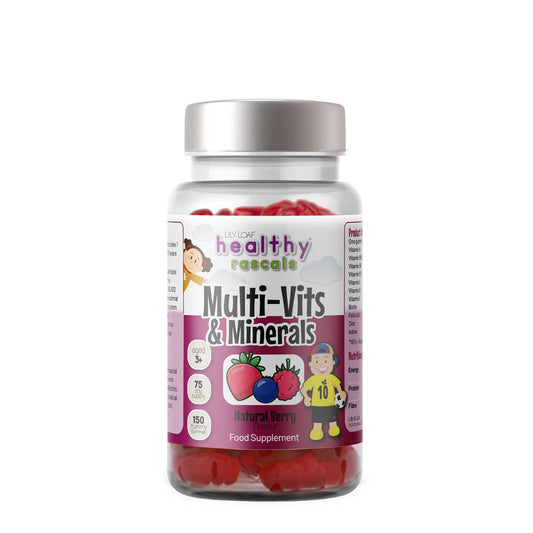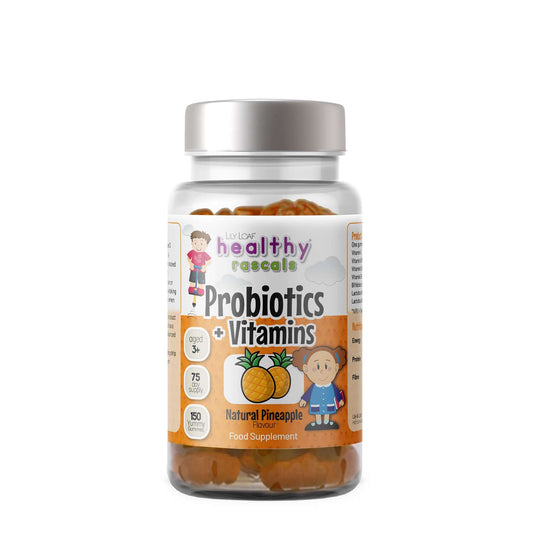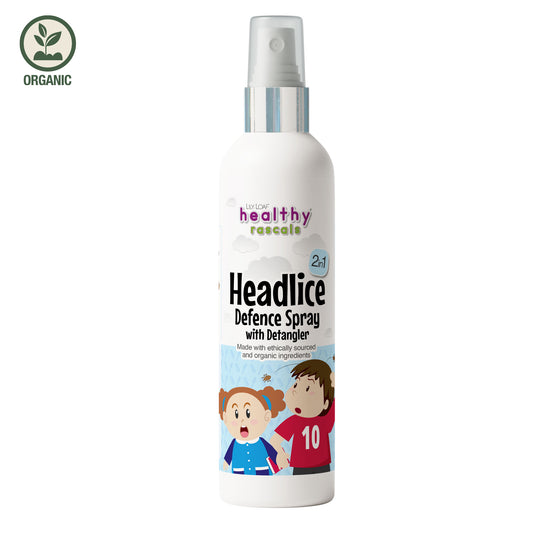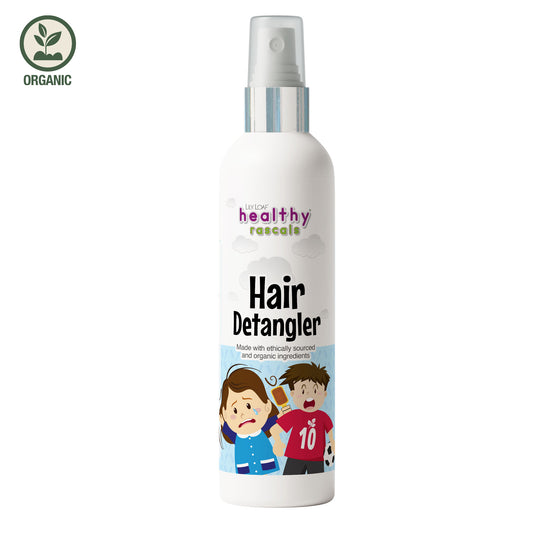Access Denied
IMPORTANT! If you’re a store owner, please make sure you have Customer accounts enabled in your Store Admin, as you have customer based locks set up with EasyLockdown app. Enable Customer Accounts

Healthy Rascals for Kids
Every product in the Healthy Rascals range is crafted in state-of-the-art facilities following Good Manufacturing Practice and pharmaceutical-grade quality control. These safe, effective formulas are free from gluten, colourings, flavourings, and GM ingredients, offering parents peace of mind and trusted options for their children’s health.

Healthy Rascals for Kids
Every product in the Healthy Rascals range is crafted in state-of-the-art facilities following Good Manufacturing Practice and pharmaceutical-grade quality control. These safe, effective formulas are free from gluten, colourings, flavourings, and GM ingredients, offering parents peace of mind and trusted options for their children’s health.
-
Mega Bears
Vendor:Healthy RascalsRegular price 44,42 zł PLNRegular priceUnit price / per -
Multi-Vits & Minerals
Vendor:Healthy RascalsRegular price 61,64 zł PLNRegular priceUnit price / per -
Probiotic + Vitamins
Vendor:Healthy RascalsRegular price 63,53 zł PLNRegular priceUnit price / per -
Headlice Defence Spray & Detangler
Vendor:Healthy RascalsRegular price 43,23 zł PLNRegular priceUnit price / per -
Hair Detangler
Vendor:Healthy RascalsRegular price 33,10 zł PLNRegular priceUnit price / per -
Vitamin D3 Gummies
Vendor:Healthy RascalsRegular price 58,17 zł PLNRegular priceUnit price / per
Collection: Healthy Rascals
Invalid password
Enter
